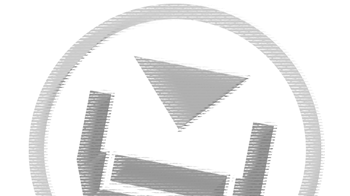How to Organize Your Tax Records
There are a lot of organizational and administrative aspects of our lives we can now take care of on our computers with the aid of software, but some tasks require that we maintain hard copies. It is tough to stay organized with tasks like these, because paperwork can easily pile up into an out-of-control mess. […]
There are a lot of organizational and administrative aspects of our lives we can now take care of on our computers with the aid of software, but some tasks require that we maintain hard copies. It is tough to stay organized with tasks like these, because paperwork can easily pile up into an out-of-control mess. When it comes to paying your taxes, there are a lot of different papers you have to hold onto. These include tax forms from this year and previous years, pay stubs, mortgage statements, bank statements, receipts, and more. How do you organize your tax records so that you can stay neat and clean?
Generally speaking, most tax advisors will advise you to keep at least three years’ worth of documentation and receipts. You may want to double this number and hold onto at least six years’ worth if you have reason to believe you may have grossly underpaid your taxes. Past that point, it is unlikely you will face an audit. If you didn’t file for a certain year, you can technically be audited on that year forever. It is up to you what you want to keep from those years.
When it comes time to organize your taxes for this year, consider using a filing system that will work for all years. A great way to do this is simply to use plastic storage bins for paper. Think about the different categories you will need. You will probably want a bin for your receipts, and another for bank statements, mortgage statements, retirement statements, and the like. You may want another for pay stubs. Depending on how much tax paperwork you have, you may also want another plastic bin just for tax forms and payment receipts and vouchers.
You should buy at least three sets of plastic containers for paperwork. That way you have a bin for each category of paperwork going back three years. You can label each of your bins with its function and the year. You can store the bins for the previous two years in a closet where they will be out of your way. That way you are only working with several bins for this year, which minimizes the space your paperwork consumes. At the end of the tax year, you can cycle back to your oldest bins, empty them out, and make them the bin for the next year.
Organizing tax records can be daunting at first, but once you have them in order and you have a simple filing system for your receipts and other documentation, you will find your taxes a lot less intimidating throughout the year. You will also be better prepared for an audit if you get one. Maintaining organized tax filing procedures is important no matter who you are, but is even more vital if you are self-employed. This plastic bin system is cheap, simple, and fast to set up, and once you do, you will have a much easier time paying your yearly dues to Uncle Sam!


Comments are closed.